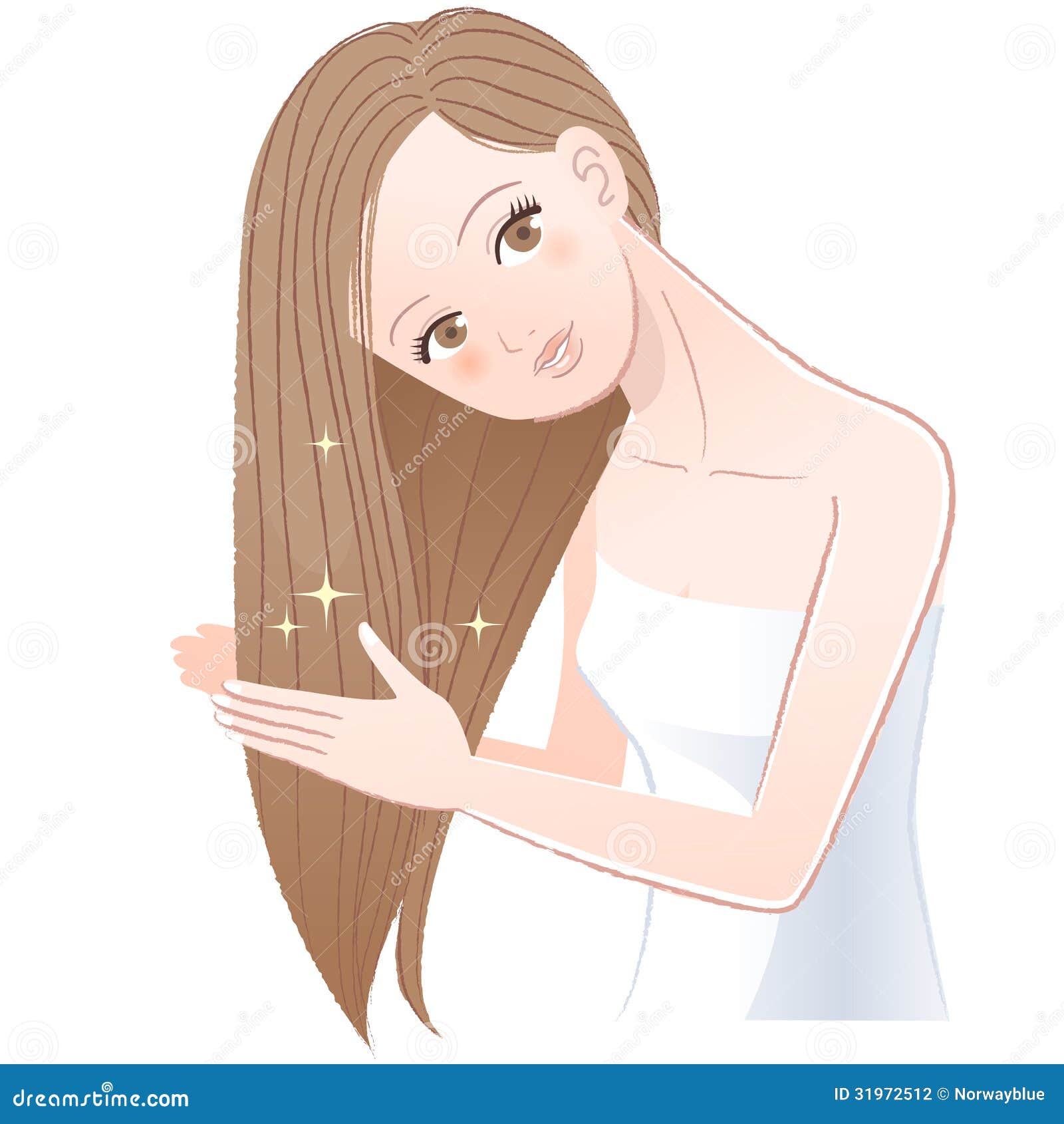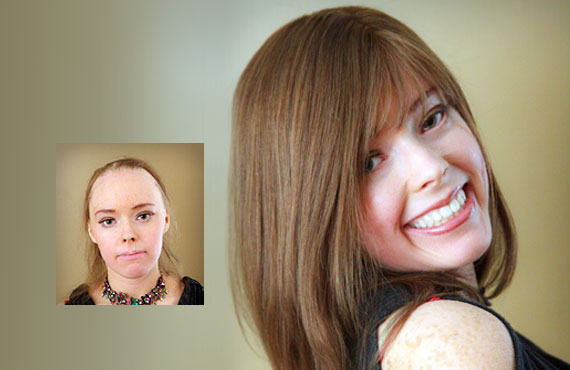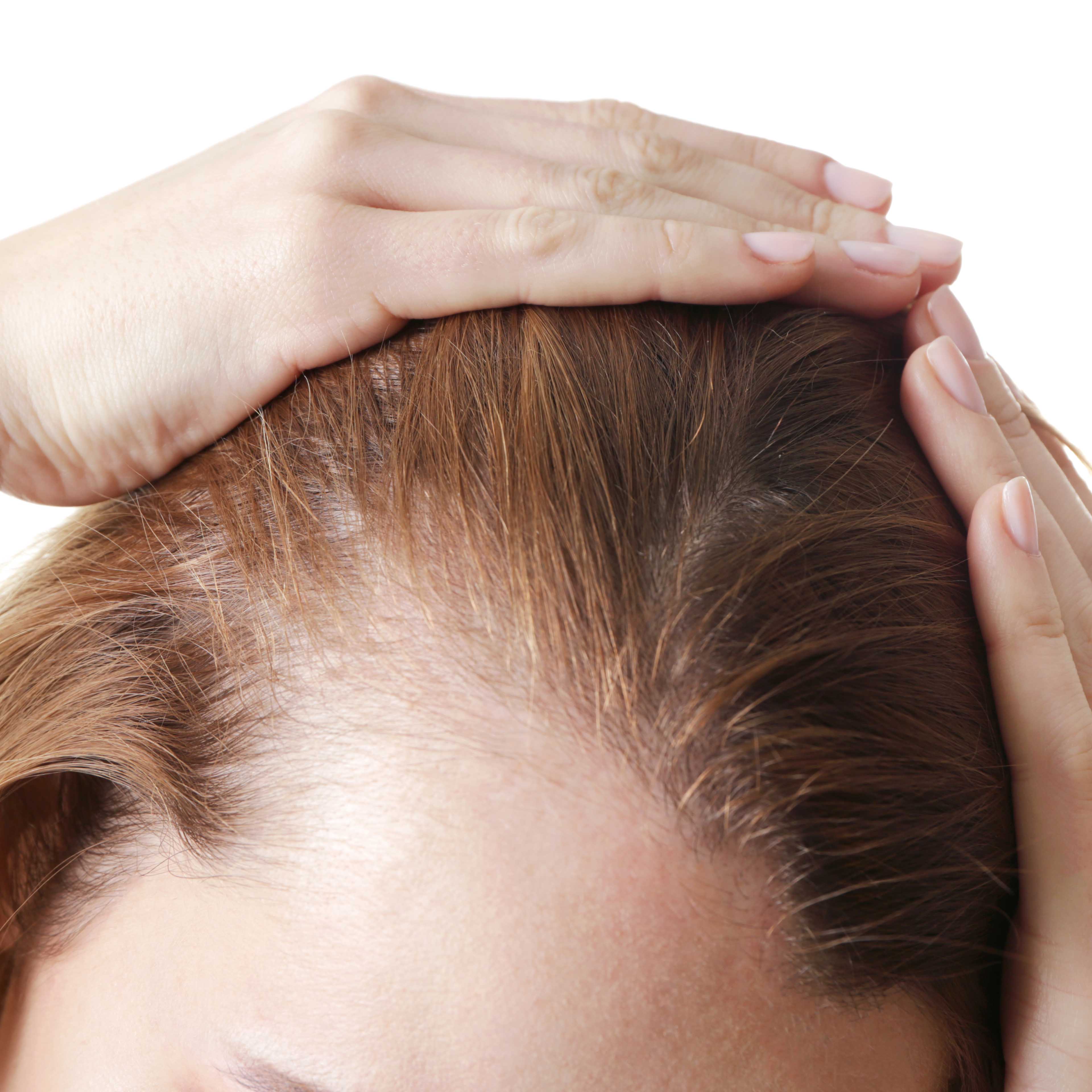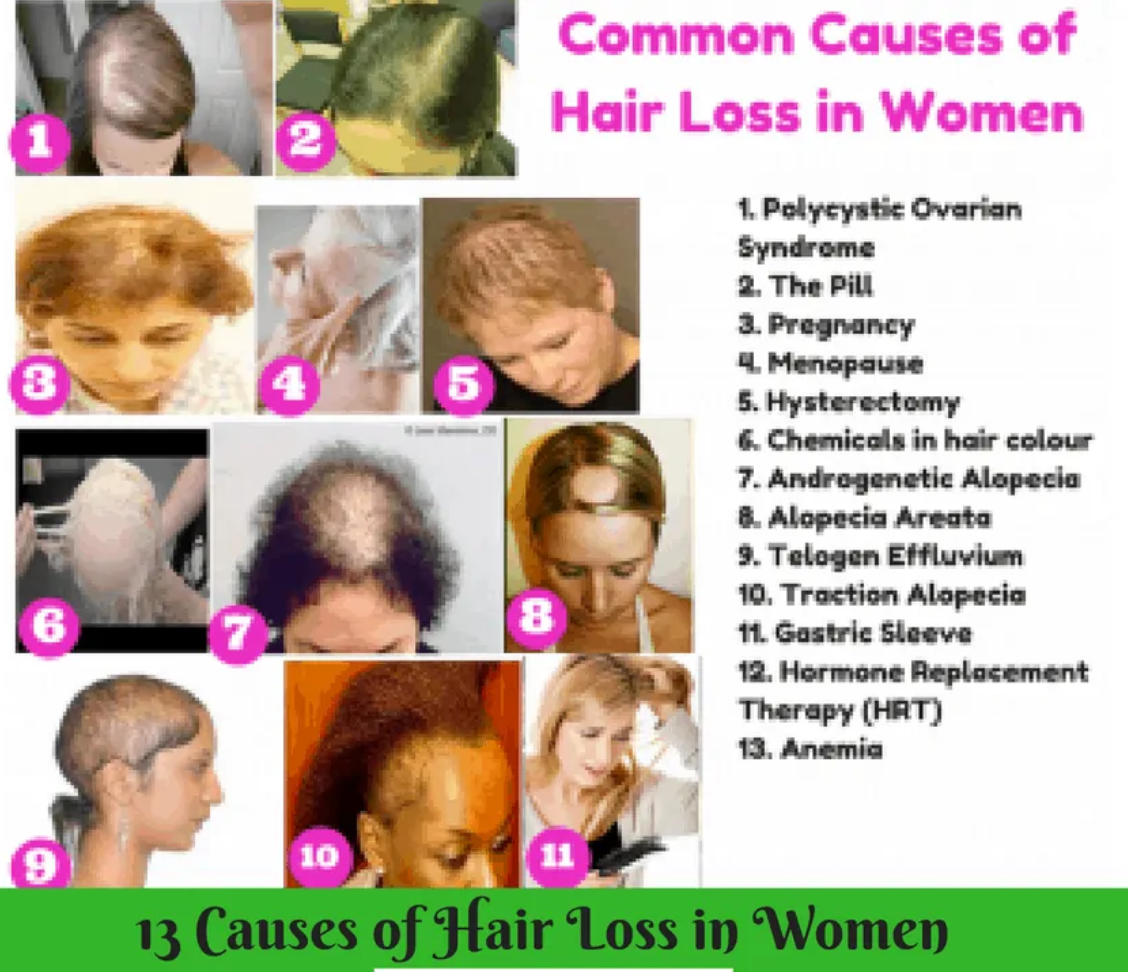Table Of Content

Hair oil as a finishing touch on dry hair can tame frizz, add shine, or revitalize curls. Apply a small amount to your palms, rub them together, and lightly glide your hands over your hair to distribute the oil evenly. This technique is also great for fluffing out curls, one of the best ways to incorporate oils into your hair routine, according to Witherspoon.
Hair Oiling: Should You Try It?
Remember to take the time to find what oils work best for you, and enjoy the process of transforming your hair. Coconut oil is known for its ability to deeply penetrate the hair shaft, lock in moisture, and prevent damage during styling. It is suitable for all hair types but should be kept away from the scalp and hairline to avoid pore-clogging, stylist and Goldwell National Artist Steven Picciano previously told SHAPE.
"Oil Training" Is the Haircare Method That Will Help You Skip Washes
After the desired duration, wash your hair thoroughly with a mild shampoo to remove the oil. You may need to shampoo twice to ensure all the oil is removed. The ends of your hair are usually drier and more prone to damage.
A Step-by-Step Guide to Hair Oiling
According to Garodia, oil helps strengthen the hair shaft, especially in case of frizzy and dry hair. It’s most beneficial when the oil is left in the hair overnight. There is a scarce amount of knowledge about the potential applications of essential oils such as peppermint oil and their components in hair care. “Cedarwood oil is generally recognized as safe by the Environmental Protection Agency or the EPA,” says Friese. However, you should take specific steps and precautions to get the most out of it, especially if you have an oily scalp.
Jojoba Oil: Best for Thinning Hair
If you're a fan of natural and clean hair care, chances are you have a favorite hair oil—be it a formulated product or one found at the grocery store. Hair oils are the cornerstone of natural hair care, as they help seal in moisture; condition hair with loads of antioxidants, fatty acids, and other nutrients; and add a heaping dose of shine. “If using natural oils, the essential vitamins and minerals contained within can promote hair growth,” explains Michelle Cleveland, owner of Hair Addict Salon in NJ. Hair oils may not directly stimulate hair growth, but they tend to create healthier scalp conditions which promote it.
Adding in oil can improve the elasticity and protect it from snapping when you brush. If you’re looking for shine above all else, this mist is the ultimate pick. With platinum fiber-infused and light-reflecting oils, you’ll get shine beyond compare. Plus, hyaluronic acid creates fullness, and pearl extract helps boost your hair's own enzymes for a shiny finish. When you do eventually wash your hair, Fitzsimons adds that some may need to shampoo twice, the better to remove any build-up.
MIZANI 25 Miracle Nourishing Hair Oil
This lets the oil penetrate through the follicles and nourish your scalp. Take Traya's FREE 2-minute hair test, designed by doctors that analyses 20+ factors like genetics, scalp health, lifestyle, and hormones, to identify the root causes of your hair fall. If you want to take all the benefits of the oil you can steam your hair for a while. You can also wrap a hot towel around your hair and keep it wrapped for about half an hour.
How we chose the best hair oils
You may choose light oils like grapeseed or almond in case you have a greasy scalp. Before you perfect how to apply oil to hair, choosing the best hair oil is important. An oil that is best suited for your hair depends on your hair type and hair needs. We recommend that you always do a patch test before using any oil so that you can make sure you do not have any allergies.
Unlocking Deep Nourishment: Steaming with Hair Oils
Both experts recommend regularly shampooing your hair to ensure you're not putting your scalp or hair at risk for product build-up when using oils. In some cases, you can use a clarifying shampoo and follow it with a moisturizing shampoo for the second wash. This two-step process ensures effective cleansing while maintaining moisture balance in the hair, according to Witherspoon. Take care not to over-saturate the ends of your hair with oil, as this can lead to build-up and weigh down your strands. Focus on applying oil a small amount to the mid-lengths and ends, where the hair is often drier and more prone to damage. To add another layer, there are also many ways to incorporate any given oil into your hair care routine.
Hair Oiling: Benefits, How to Oil Your Hair, and More - Prevention Magazine
Hair Oiling: Benefits, How to Oil Your Hair, and More.
Posted: Thu, 16 Nov 2023 08:00:00 GMT [source]
Some trials on mice have found promising results related to peppermint oil and hair growth promotion, but more research is needed to determine if these effects apply to humans. Which treatment to use for hair loss depends on the cause of your hair loss. Before trying any treatment, talk to your healthcare provider to ensure it is right for you and your cause of hair loss.
When I moved out of my parents’ home to go to college, this became a weekly ritual with my roommates. We’d happily volunteer to take turns oiling each other’s hair. Hair oil isn’t meant for everyone, but these people may want to add a little extra shine to their do. We updated this article in July 2022 to add more information about each featured product, based on extensive research done by our team.
Extracted from the seeds of the Moringa Oleifera tree, this oil is gaining popularity for its hair care benefits. It is packed with vitamins, minerals, and amino acids essential for healthy hair. Moringa oil is lightweight and therefore suitable for all hair types, including fine and oily hair. For some hair types, skipping the occasional wash can come with some serious benefits—once you get past the oily stage, that is. Oil training, or the practice of “training” your hair to produce less oil over time, the better to allow your strands more time to absorb beneficial natural oils between washings.
Cover your hair with a shower cap or towel to trap heat and allow the oil to penetrate deeply, then rinse and condition your hair as usual. If you have an itchy scalp, oils with soothing properties like peppermint oil can be beneficial. On the other hand, a dry, flaky scalp can benefit from the sebum-mimicking properties of jojoba oil. Oil and water don’t mix, so oiling wet hair might make it less effective. Argan oil, often called ‘liquid gold’, is rich in antioxidants, essential fatty acids, and vitamin E, which helps to hydrate and soften hair.
Also, if you have acne on your forehead then avoid applying oil to the crown region,” she suggests. The ideal frequency depends on your hair type and specific needs. For dry hair, 2-3 times a week is beneficial, whereas oily hair might require less frequent applications.






